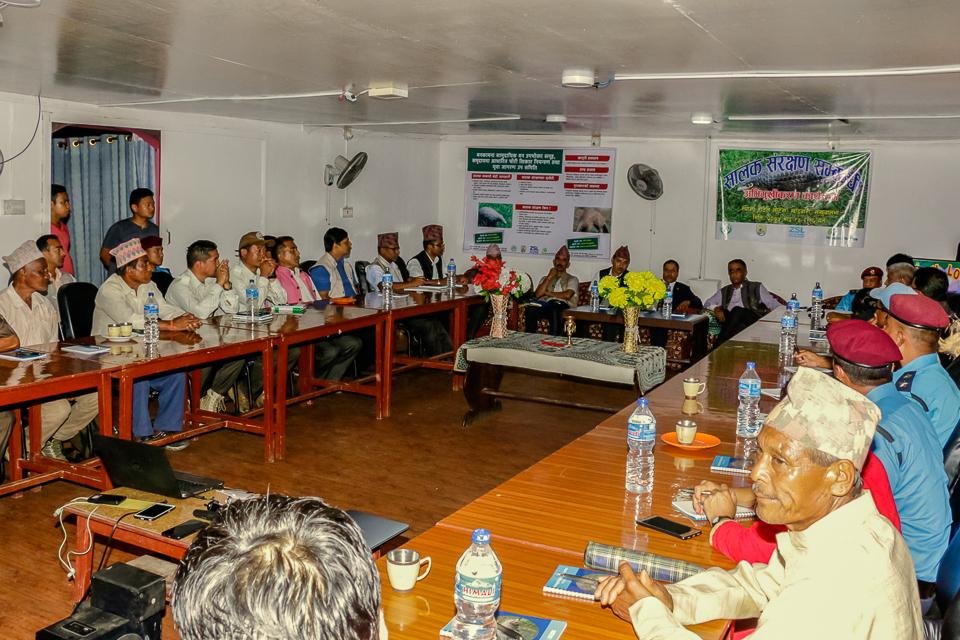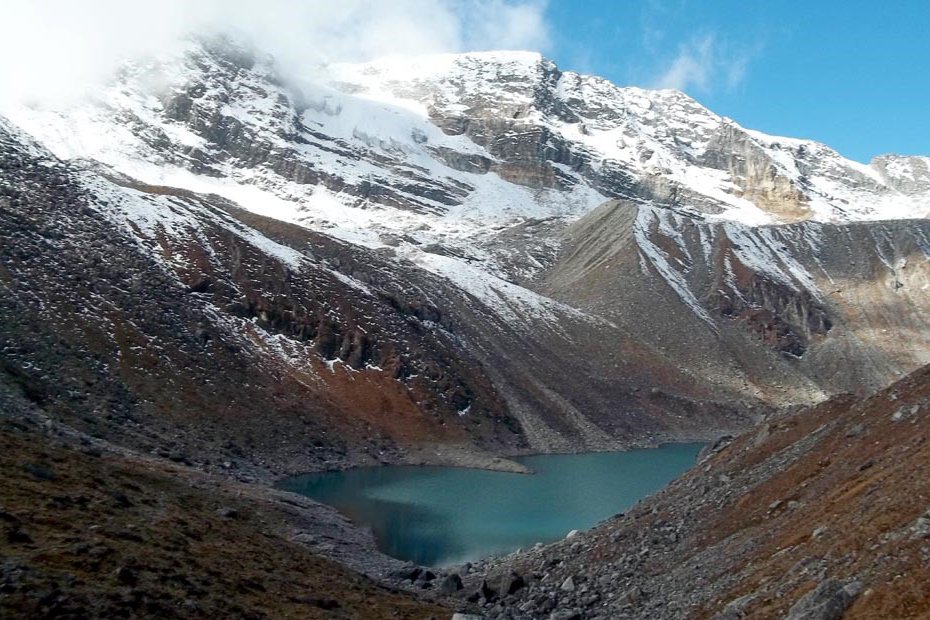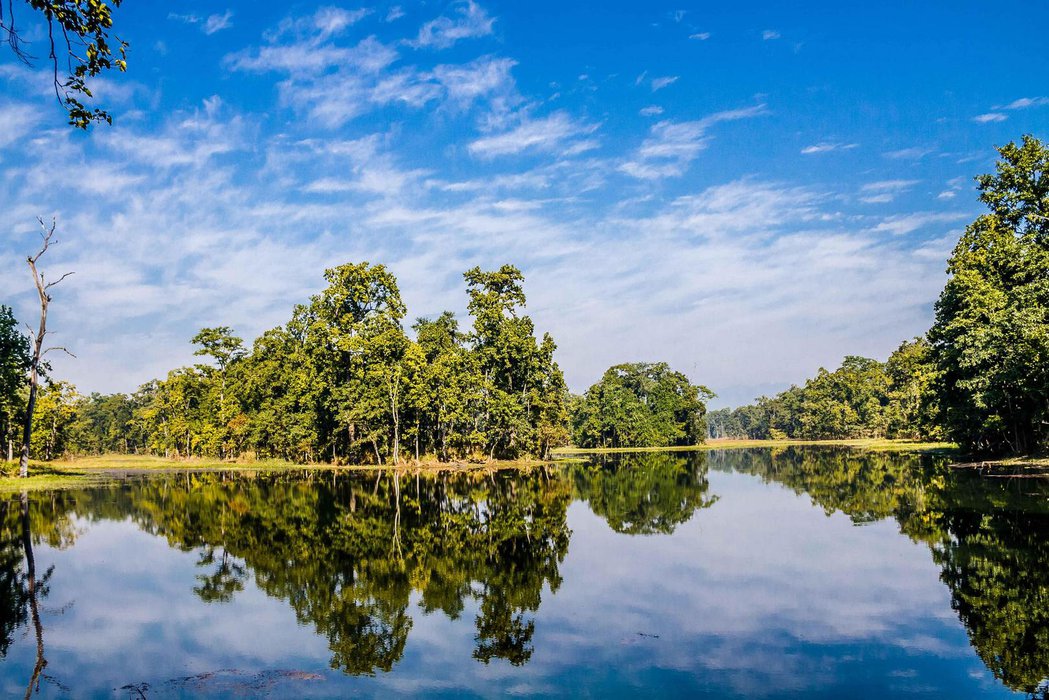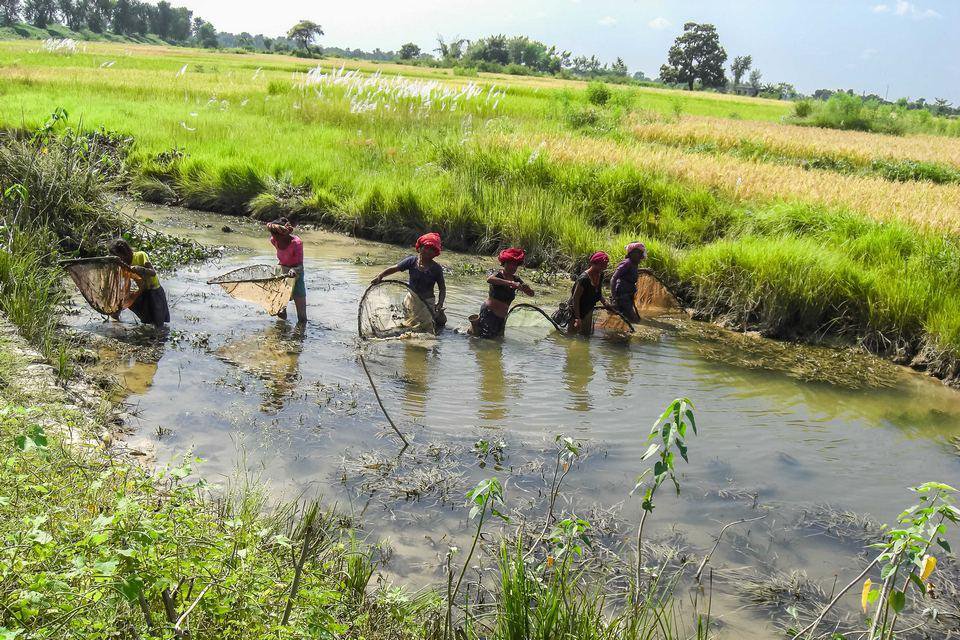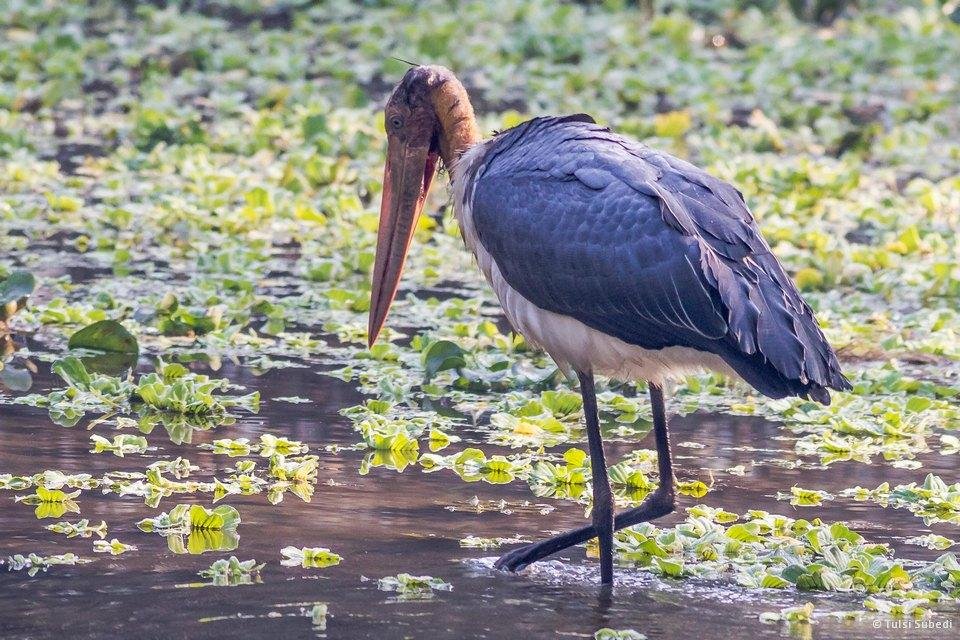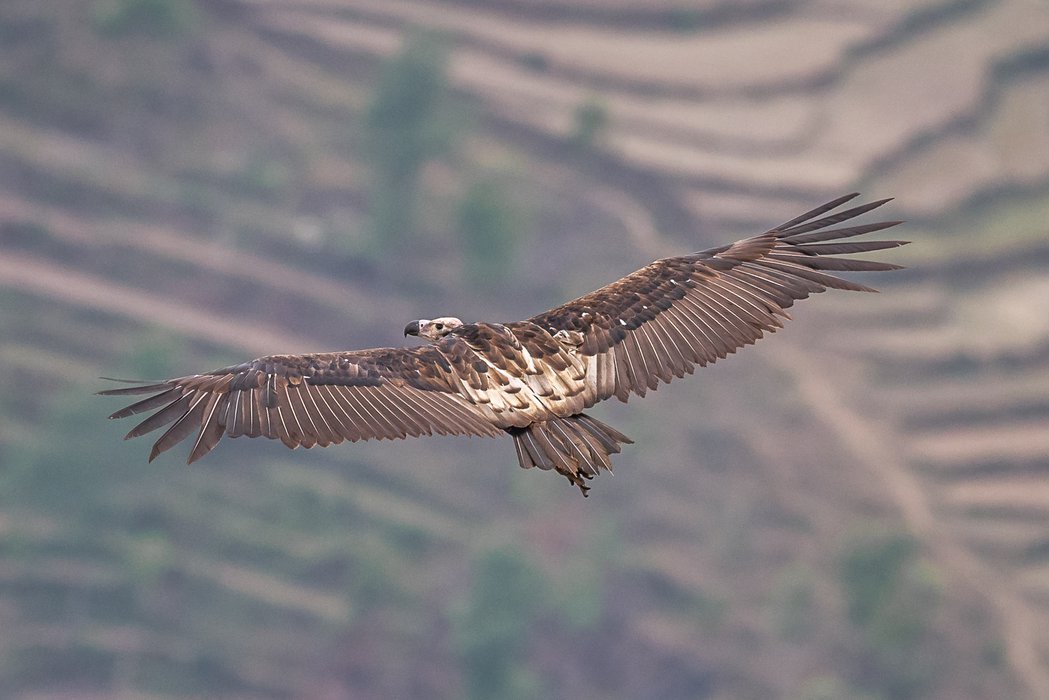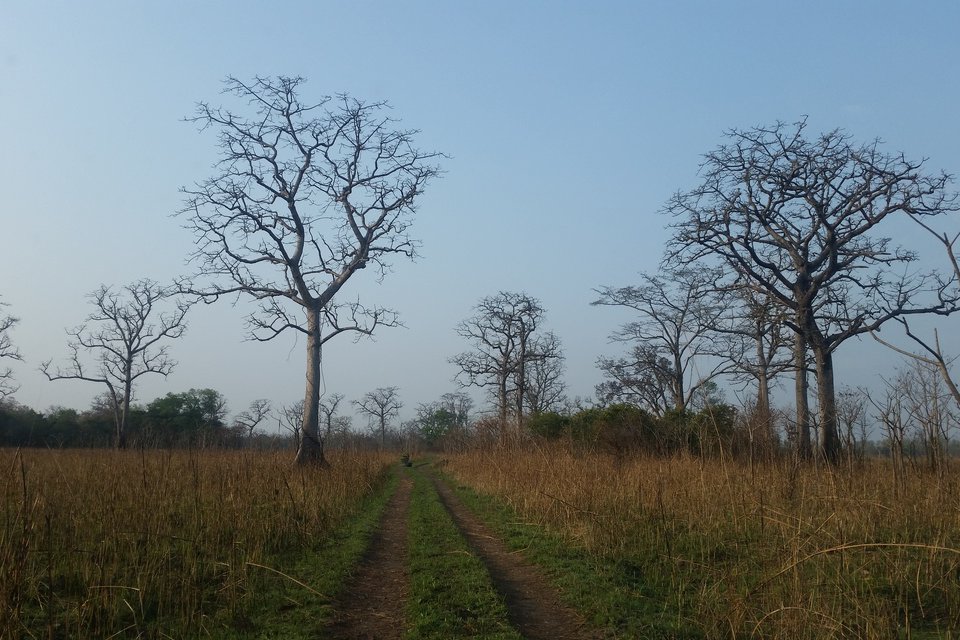Conservation is essential
Himalayan Nature is a science-based organization and takes an independent view of livelihood options provided to local communities and biodiversity conservation issues. We provide sound advice on aspects of social development and environmental management to government authorities and other concerned agencies.
Learn More
